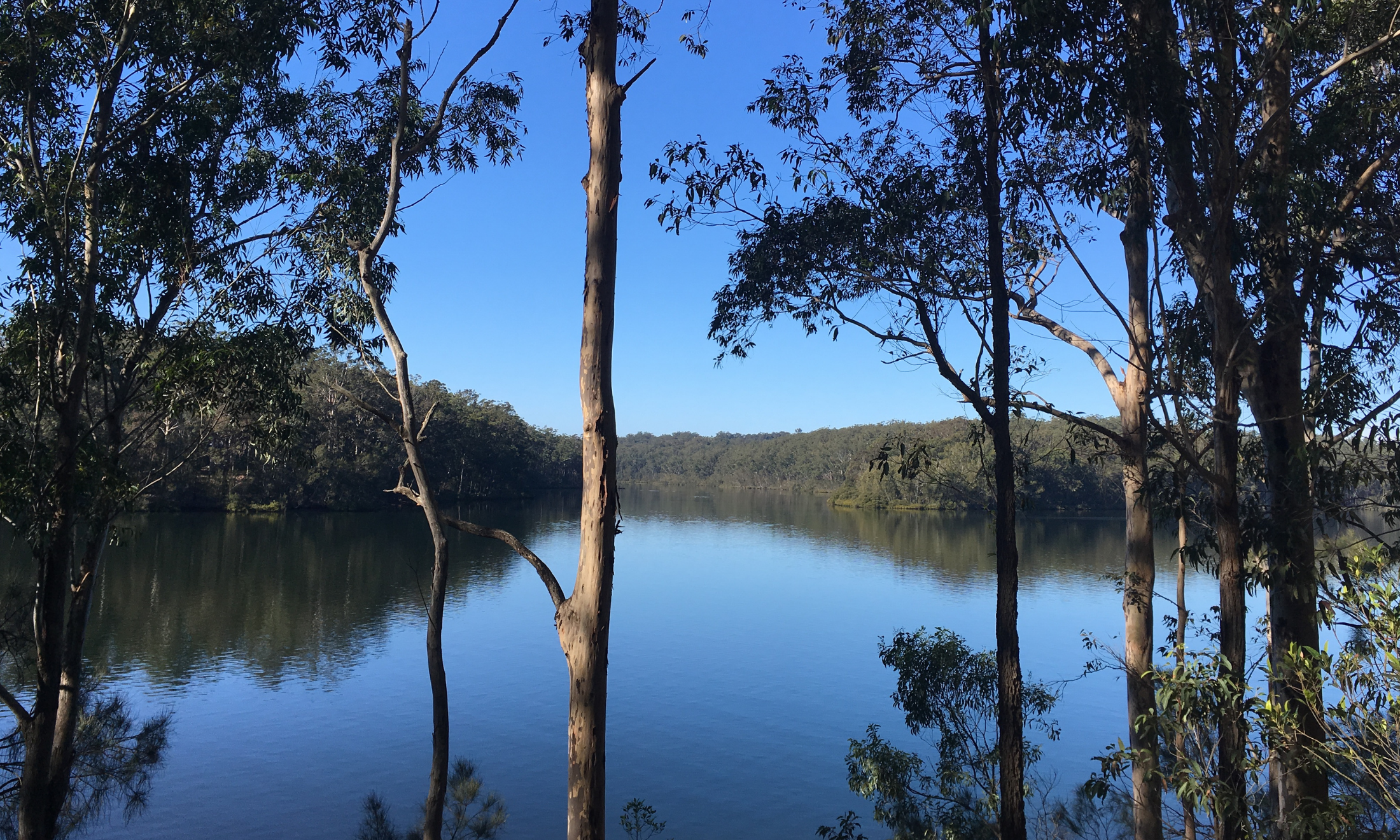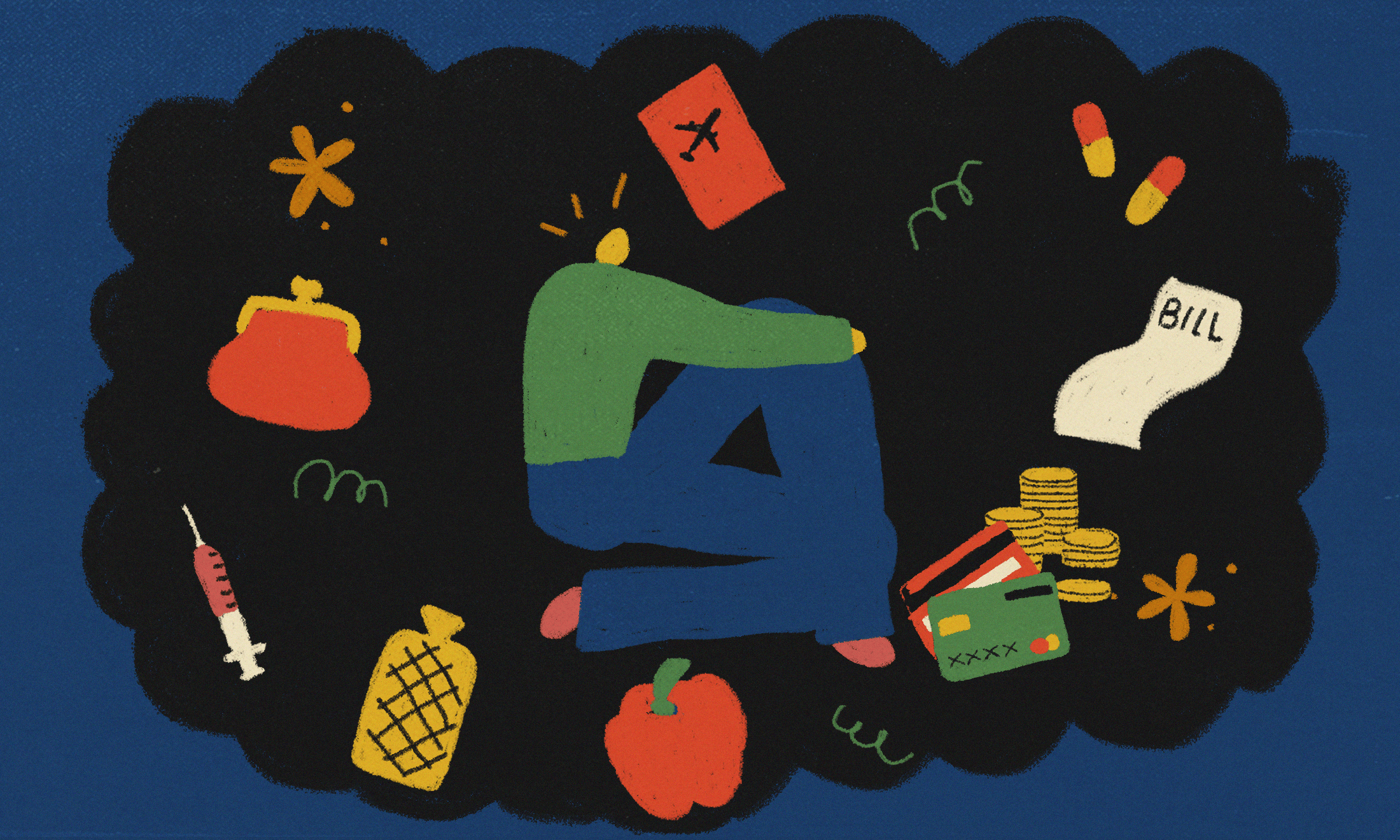
Danièle Hromek
Nura, Fire Law and First Peoples: Why all now-Australians must listen to those who were there first
Danièle Hromek
15 Jan 2020
All imagery by Danièle Hromek
It is hard to put into words what it is like to see the devastation of a place you’ve been connected to longer than you have been alive, longer than millennia even. My family originated from the South Coast of New South Wales and, according to our stories, it has been our Nura [Country] forever. Our connections began well before it was ever called “New South Wales” or the name “Australia” was imposed on the land mass. Our connections with our Nura [Country] will endure well beyond our lifetimes.
Nura is the Dhurga word for Country. To be clear, when I talk about Country, I’m not referring to the countryside or the area outside of metropolitan spaces, I am referring to the lands to which I belong, yearn for, find healing from and will return. Country means the places from which my Ancestors originated and still exist within as lifeforces. Country includes lands, waters and skies. It cannot be owned or tamed, as Country is also a relationship that must be honoured and nurtured.
“My heart shatters every time I hear the names of my special places being devastated by fire”
I am a Budawang woman of the Yuin nation. My ancestral lands lie below what is now Sydney and continue beyond the Victorian border. My family clan group are named the Budawang – there is a national park named after us though we are named after the valued burrawang cycad. My family came from all around the Budawang area; from the coast at Broulee, Batemans Bay, Moruya, to the bush at Braidwood, Araluen, Nelligan and Currowan. This was their Nura [Country], this is where we originate, this is my Nura.

Regrettably these names of our places of origin are now infamous because the bushfires made them so. Indeed, there is now a fire named the Currowan Fire. My heart shatters every time I hear the names of my special places being devastated by fire. It creates havoc with my emotions to hear of a fire being called the Currowan Fire, and to see that fire leaving an apocalyptic landscape behind it. It came from a place that is loved. It came from my Nura.
So, I want to tell you another story about Currowan. In the late 1800s my Ancestors were moved by colonisers onto the Currowan Reserve on Currowan Creek, near Bhundoo (the Clyde River). They already lived around this area, so in a way they were lucky not to be removed from Country as others experienced, however my grandmother tells the story of their descendants taking a steamboat up the coast to Browns Crossing – named after my family – in Eungai near Nambucca Heads on the mid North Coast, another area impacted by recent fires.
“Fire was not our master or devastator, it was a tool used to ensure our relationship with Country remained healthy”
My Ancestors made this impossible decision to leave their beloved Nura for relative safety further north, as they were weary of being harassed by colonisers, had lost family to introduced diseases and, kin were being massacred. Yet as descendants of the Budawang our connections with our Nura remain regardless.
I have visited the now-obsolete Currowan Reserve and sensed the lifeforces of my Ancestors walking the land. It was a beautiful peaceful place curated by generations of people using land care techniques developed over millennia in collaboration with Country. This care occurred by intimately knowing Country, through sharing Knowledges in narratives and walking the land in patterns of movement.
Budawang women were responsible for burning the bush to care for the burrawang plant. They burned every four years, collected the burrawang seeds, which were leeched to remove toxins and ground into flour from which bread was made. Fire was not our master or devastator, it was a tool used to ensure our relationship with Country remained healthy. This is how living larders were created on the South Coast, landscapes cultivated not only with their own generation in mind but many into the future. In this way Country was cared for, however fences and roads and guns and imported laws stopped this.

Recent bushfires are an outcome of, and a response to, colonisation. Colonisers disregarded millennia of Knowledges from generations of land managers and cultural carers to implement foreign invasive harmful methods of land use. Country has been attempting to communicate with colonisers since those reciprocal relationships of care were disrupted. Country has been trying to teach respect but they have not listened.
“All now-Australians must develop a relationship with Country if we are to continue living on this land”
I have heard Elders and cultural burning practitioners describe this bushfire as Fire Law now insisting on being heard. Part of the listening that needs to happen is to First Peoples who know the deeper stories and histories of places, and how to care for Country. It is also listening to Country and Mingha (the Mother in Dhurga, some say Mother Nature). These have not been heard in the past 230 years so we are now being taught in the most brutal of ways.
All now-Australians must develop a relationship with Country if we are to continue living on this land. Every day we all must work on our personal and essential relationships with Country. Every day we must be grateful for what Country provides without greedily taking too much. Every day we must protect the rights of Country. Follow the leads of First Peoples in these matters; they must be the guides.
Please note that anything I write is part of my Indigenous Cultural Intellectual Property. As such it is not ownable by anyone other than me and my family, and even we are simply temporary custodians.
Join gal-dem at the The Yard, Hackney Wick on 1 February for Smoked Out: A Bushfire Relief Fundraiser.
100% of profits from the event will be split between the RSCPA National Bushfire Appeal and Firesticks, a grassroots organisation providingIndigenous leadership, advocacy and action to protect sacred land through cultural land and fire management practices. Click here to find out more.









